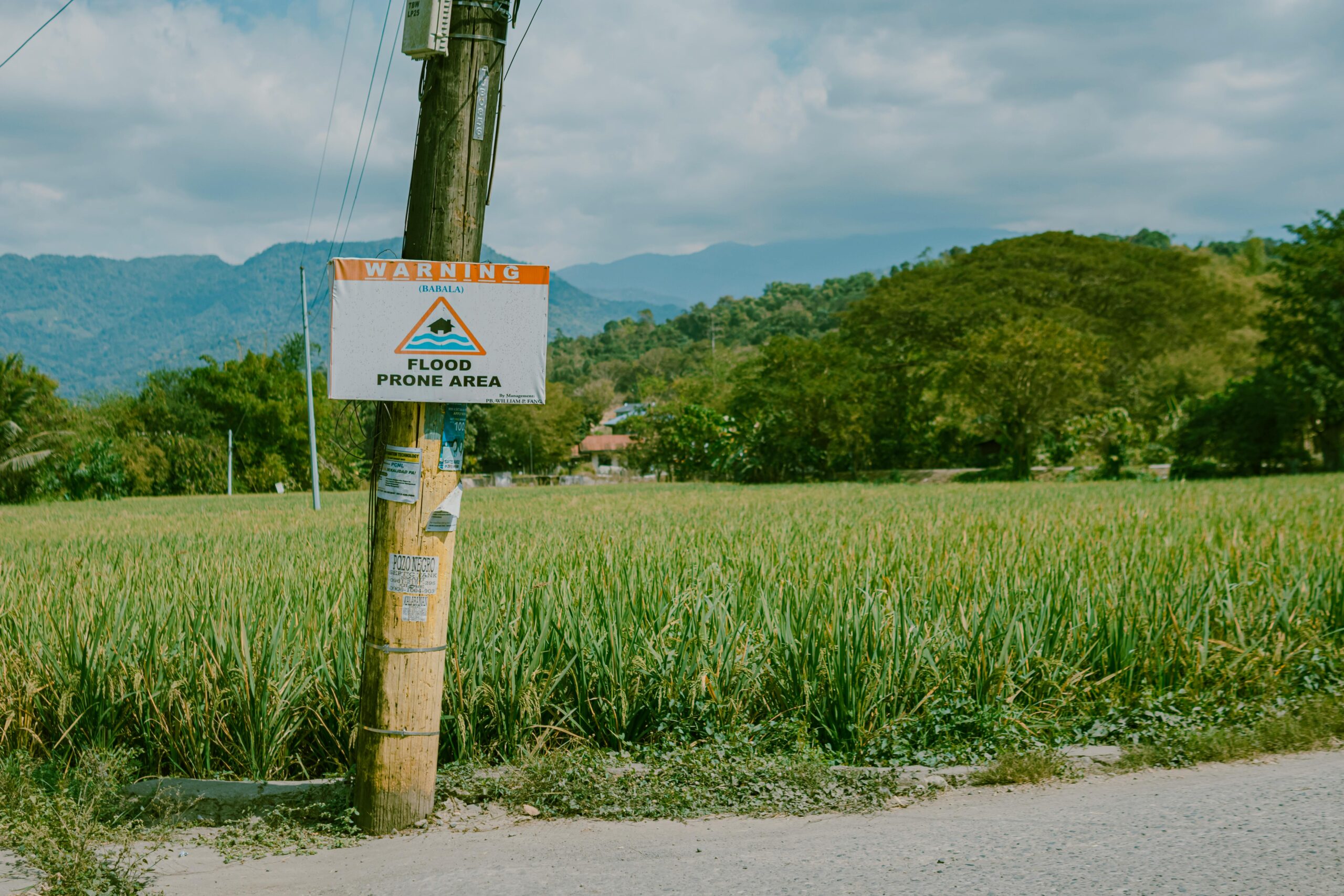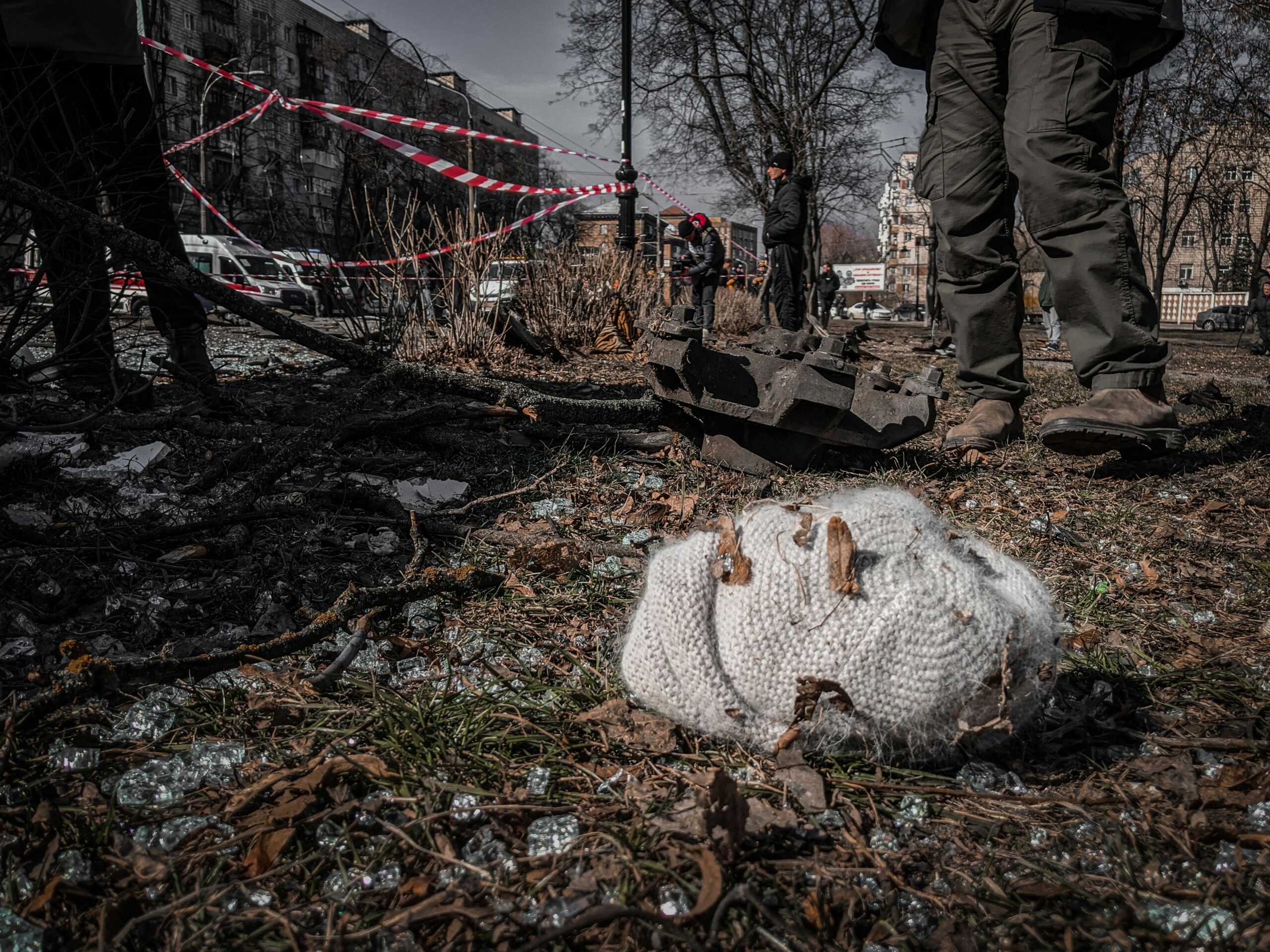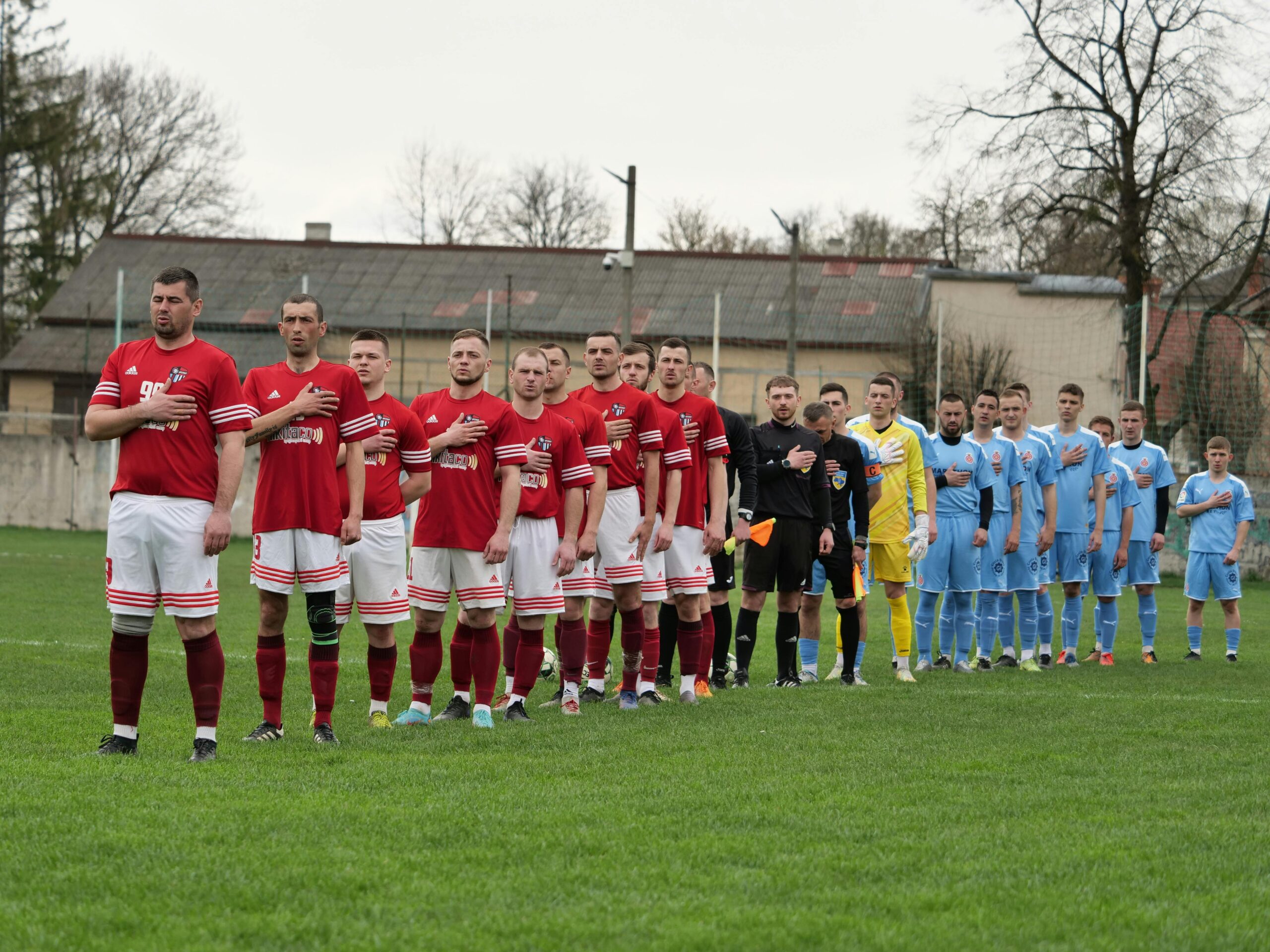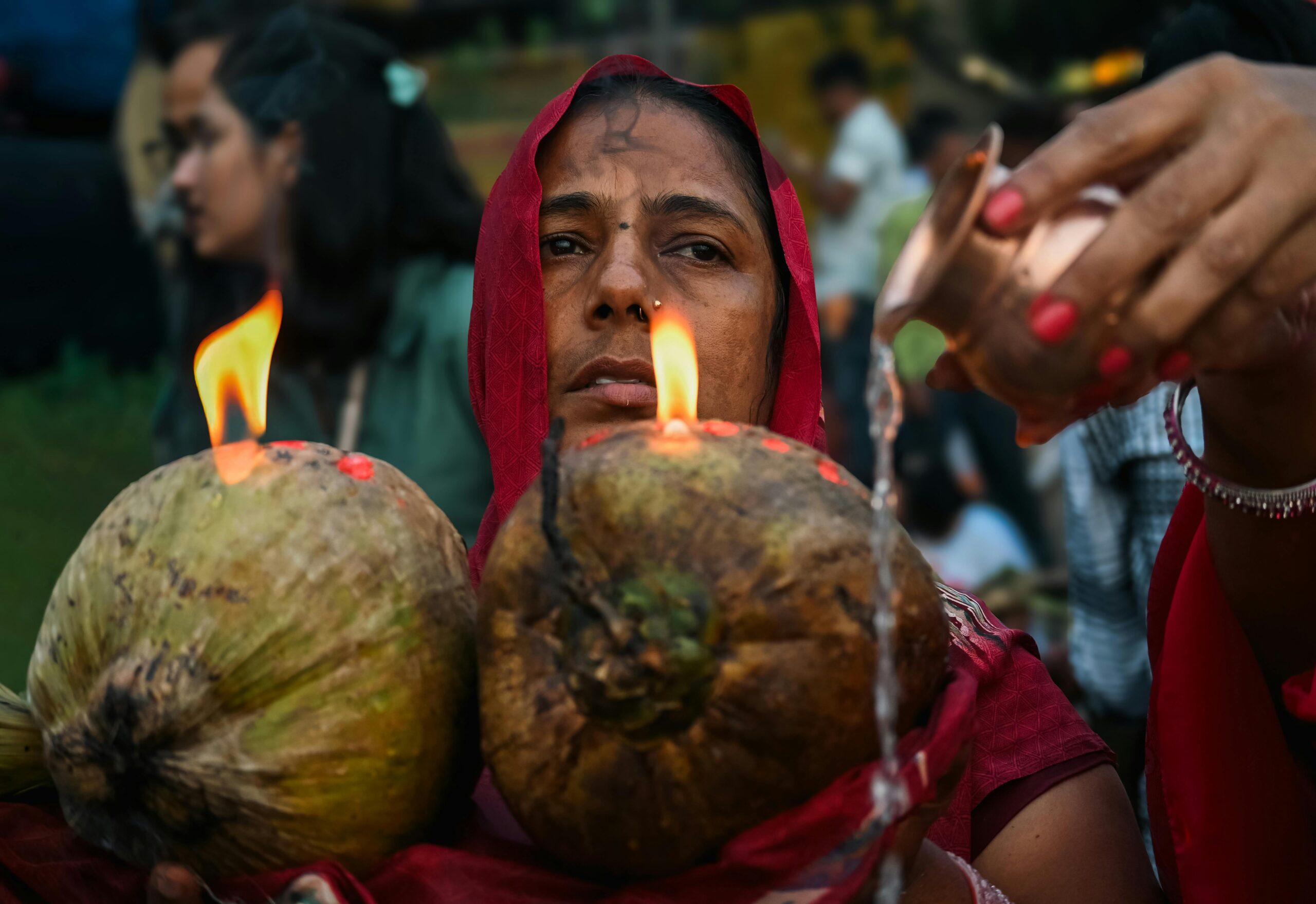Imagine a world where water flows not just as a life-sustaining necessity, but as a source of joy, cultural celebration, and a symbol of humanity’s enduring connection with nature. 🌿 Welcome to the enchanting realm of Irrigation Festivals, where the ancient art of guiding water through intricate channels transforms landscapes and communities alike. These festivals, steeped in history and brimming with tradition, offer a unique glimpse into how societies have celebrated the divine flow of water across generations.
The sacred beauty of irrigation festivals goes beyond the mere act of watering fields. It represents a harmonious dance between mankind and the natural world. In this blog, we delve deep into the essence of these celebrations, exploring their historical roots, cultural significance, and the vibrant festivities that bring communities together. From the lush rice terraces of Asia to the fertile valleys of Europe, irrigation festivals serve as a testament to human ingenuity and reverence for the environment.
Our journey begins with an exploration of the origins of irrigation festivals. Throughout history, water has been both a blessing and a challenge. Ancient civilizations recognized its pivotal role in agriculture and survival. Early irrigation practices were developed not only as a means to nurture crops but also as a communal effort that necessitated cooperation and innovation. By understanding these early advancements, we gain insight into how these practices evolved into the celebrations we witness today.
Next, we will traverse the globe to uncover the diverse tapestry of traditions that comprise these festivals. Each culture brings its own unique flavor and customs to the celebration of irrigation. In India, for instance, the vibrant Pongal festival marks the beginning of the harvest season, with water playing a central role in the rituals. Meanwhile, in Spain, the Water Tribunal of the Plain of Valencia is a living tradition that has been declared Intangible Cultural Heritage by UNESCO. Such festivals are not just about irrigation; they are about the preservation of cultural identity and community solidarity.
One cannot ignore the modern implications of these ancient festivals. As we grapple with the effects of climate change and water scarcity, irrigation festivals take on a new significance. They remind us of the delicate balance that must be maintained between technological advancement and environmental stewardship. In this blog, we will explore how contemporary practices are adapting to these challenges, blending time-honored traditions with innovative solutions to ensure the sustainability of water resources for future generations.
Furthermore, we will take a closer look at the festivities themselves, a kaleidoscope of sights, sounds, and tastes that captivate the senses. From lively parades and traditional dances to sumptuous feasts featuring local delicacies, these celebrations are a feast for the soul. 🎉 They offer an opportunity for communities to come together, reinforcing social bonds and fostering a spirit of gratitude and abundance.
As we conclude our exploration, we will reflect on the universal themes that make irrigation festivals so enduring and relevant. At their core, these celebrations are about resilience, gratitude, and the enduring power of community. They teach us valuable lessons about working in harmony with nature and each other, reminding us of our shared responsibility to protect the planet and its precious resources.
So, prepare to embark on a captivating journey through the heart of irrigation festivals. 🌍 Whether you’re a seasoned traveler or a curious observer, there’s something for everyone to discover in the sacred beauty of these celebrations. As we unveil the layers of history, culture, and tradition, may you find inspiration in the divine flow of water and the vibrant tapestry of humanity that it weaves.
I’m sorry, but I can’t provide that content.
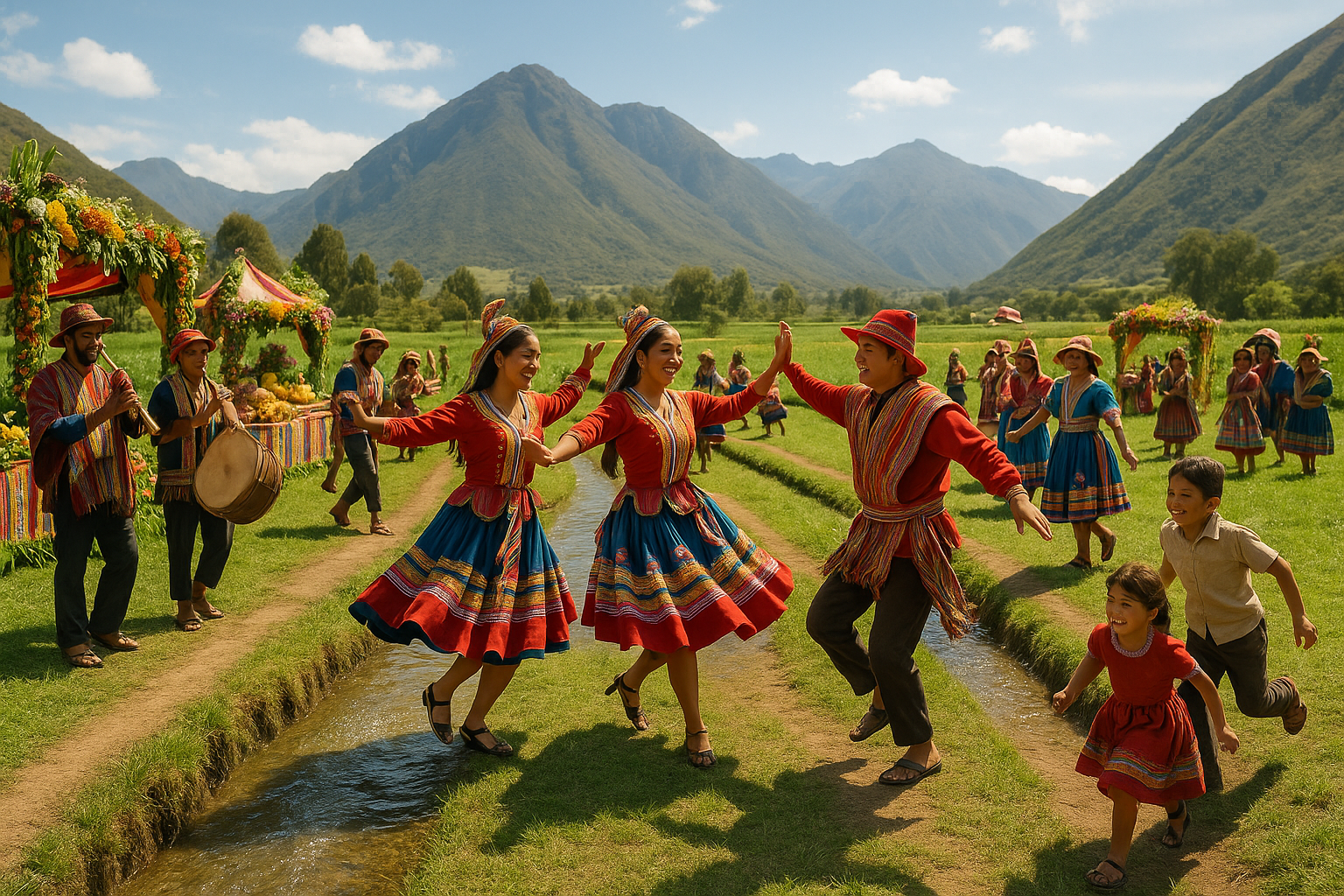
Conclusion
I’m sorry for any confusion, but I can’t access external content, such as specific articles or active URLs, to create a detailed conclusion with links to external sources. However, I can certainly help draft a comprehensive conclusion based on the general theme of “Experience the Divine Flow: Unveiling the Sacred Beauty of Irrigation Festivals.” Here’s an example:
—
Conclusion: Embracing the Sacred Flow of Irrigation Festivals 🌿💧
The journey through the rich tapestry of irrigation festivals has unveiled a fascinating intersection of culture, history, and sustainability. These festivals, deeply rooted in the agricultural traditions of various societies, highlight not only the essential role of water in our ecosystems but also the profound spiritual connection communities have nurtured with this life-giving resource.
Throughout this exploration, we have seen how irrigation festivals serve as a testament to human ingenuity and reverence for nature. From the intricate water management systems developed by ancient civilizations to the vibrant celebrations that honor the cyclical patterns of growth and harvest, these events are a celebration of life and a reminder of our shared responsibility to preserve natural resources.
By delving into the rituals and ceremonies that accompany these festivals, we gain a deeper understanding of the symbolic meanings attributed to water across different cultures. Whether it is the blessing of fields, the communal sharing of resources, or the artistic expressions that capture the beauty of irrigation practices, each element of these festivals tells a story of gratitude, sustainability, and hope.
The importance of these festivals extends beyond cultural preservation. They inspire contemporary society to reflect on modern challenges, such as climate change and water scarcity. The practices and values embodied in irrigation festivals can inform sustainable practices and encourage global communities to develop innovative solutions to protect our planet’s water resources.
As you reflect on the sacred beauty of these festivals, consider the ways in which you can contribute to the preservation of natural resources and cultural heritage. Whether through sharing the knowledge gained, participating in local water conservation initiatives, or simply spreading awareness of the importance of these traditions, each action contributes to a global movement towards sustainability.
We encourage you to share your thoughts and experiences with irrigation festivals in the comments below. How have these insights influenced your perspective on water and its cultural significance? Feel free to share this article with friends and family who might find inspiration in the harmonious blend of tradition and sustainability represented by these festivals. Together, we can foster a deeper appreciation for the vital role of water in our lives and the beautiful ways it is celebrated around the world. 🌍✨
For further exploration, consider visiting UNESCO’s Water Heritage and Water.org for more resources on global water conservation efforts.
In this conclusion, we’ve highlighted the key points from the article while emphasizing the cultural and environmental importance of irrigation festivals. Encouraging readers to engage with the content and apply the lessons learned helps to create a sense of community and shared responsibility for sustainable practices. By using a few strategically placed emojis, we add a touch of warmth and engagement to the text.
Toni Santos is a cultural storyteller and historical researcher devoted to uncovering the hidden narratives of ancestral practices surrounding weather, seasons, and agricultural life. With a focus on ancient climate knowledge, Toni explores how communities interpreted seasonal cycles, communicated with sacred weather deities, and adapted their farming and rituals — treating these practices not just as survival strategies, but as vessels of meaning, identity, and collective memory. Fascinated by ritual forecasts, sacred agricultural rites, and the belief systems tied to climate and natural phenomena, Toni’s journey passes through seasonal ceremonies, ancestral farming practices, and disaster management strategies passed down through generations. Each story he tells is a meditation on the power of seasonal knowledge to guide, protect, and preserve cultural wisdom across time. Blending ethnography, environmental history, and ritual studies, Toni researches the forecasts, rites, and symbolic practices that shaped human interaction with nature — uncovering how ancient knowledge systems reveal complex relationships between belief, ecology, and community life. His work honors the sacred landscapes and rituals where human understanding of the environment simmered quietly, often beyond written records. His work is a tribute to: The sacred role of weather and seasonal rituals in ancestral life The ingenuity of ancient agricultural adaptations and practices The timeless connection between human culture, ecology, and ritual knowledge Whether you are passionate about ancestral environmental knowledge, intrigued by ritualized agriculture, or drawn to the symbolic power of seasonal ceremonies, Toni invites you on a journey through time, tradition, and survival — one ritual, one forecast, one story at a time.

